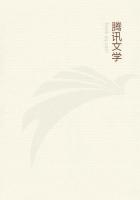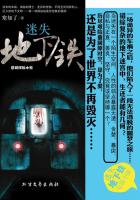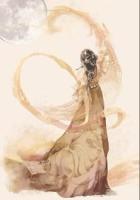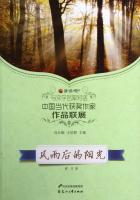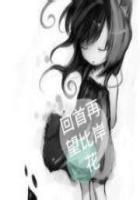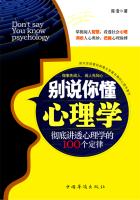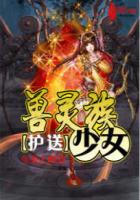Of the Concept of an Object of Pure Practical Reason.
By a concept of the practical reason I understand the idea of an object as an effect possible to be produced through freedom.To be an object of practical knowledge, as such, signifies, therefore, only the relation of the will to the action by which the object or its opposite would be realized; and to decide whether something is an object of pure practical reason or not is only to discern the possibility or impossibility of willing the action by which, if we had the required power (about which experience must decide), a certain object would be realized.If the object be taken as the determining principle of our desire, it must first be known whether it is physically possible by the free use of our powers, before we decide whether it is an object of practical reason or not.On the other hand, if the law can be considered a priori as the determining principle of the action, and the latter therefore as determined by pure practical reason, the judgement whether a thing is an object of pure practical reason or not does not depend at all on the comparison with our physical power; and the question is only whether we should will an action that is directed to the existence of an object, if the object were in our power; hence the previous question is only as the moral possibility of the action, for in this case it is not the object, but the law of the will, that is the determining principle of the action.The only objects of practical reason are therefore those of good and evil.For by the former is meant an object necessarily desired according to a principle of reason; by the latter one necessarily shunned, also according to a principle of reason.
If the notion of good is not to be derived from an antecedent practical law, but, on the contrary, is to serve as its foundation, it can only be the notion of something whose existence promises pleasure, and thus determines the causality of the subject to produce it, that is to say, determines the faculty of desire.Now, since it is impossible to discern a priori what idea will be accompanied with pleasure and what with pain, it will depend on experience alone to find out what is primarily good or evil.The property of the subject, with reference to which alone this experiment can be made, is the feeling of pleasure and pain, a receptivity belonging to the internal sense; thus that only would be primarily good with which the sensation of pleasure is immediately connected, and that simply evil which immediately excites pain.Since, however, this is opposed even to the usage of language, which distinguishes the pleasant from the good, the unpleasant from the evil, and requires that good and evil shall always be judged by reason, and, therefore, by concepts which can be communicated to everyone, and not by mere sensation, which is limited to individual [subjects] and their susceptibility;and, since nevertheless, pleasure or pain cannot be connected with any idea of an object a priori, the philosopher who thought himself obliged to make a feeling of pleasure the foundation of his practical judgements would call that good which is a means to the pleasant, and evil, what is a cause of unpleasantness and pain; for the judgement on the relation of means to ends certainly belongs to reason.But, although reason is alone capable of discerning the connexion of means with their ends (so that the will might even be defined as the faculty of ends, since these are always determining principles of the desires), yet the practical maxims which would follow from the aforesaid principle of the good being merely a means, would never contain as the object of the will anything good in itself, but only something good for something; the good would always be merely the useful, and that for which it is useful must always lie outside the will, in sensation.Now if this as a pleasant sensation were to be distinguished from the notion of good, then there would be nothing primarily good at all, but the good would have to be sought only in the means to something else, namely, some pleasantness.
It is an old formula of the schools: Nihil appetimus nisi sub ratione boni; Nihil aversamur nisi sub ratione mali, and it is used often correctly, but often also in a manner injurious to philosophy, because the expressions boni and mali are ambiguous, owing to the poverty of language, in consequence of which they admit a double sense, and, therefore, inevitably bring the practical laws into ambiguity; and philosophy, which in employing them becomes aware of the different meanings in the same word, but can find no special expressions for them, is driven to subtile distinctions about which there is subsequently no unanimity, because the distinction could not be directly marked by any suitable expression.**Besides this, the expression sub ratione boni is also ambiguous.
For it may mean: "We represent something to ourselves as good, when and because we desire (will) it"; or "We desire something because we represent it to ourselves as good," so that either the desire determines the notion of the object as a good, or the notion of good determines the desire (the will); so that in the first case sub ratione boni would mean, "We will something under the idea of the good"; in the second, "In consequence of this idea," which, as determining the volition, must precede it.


